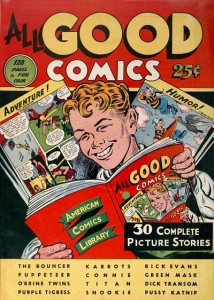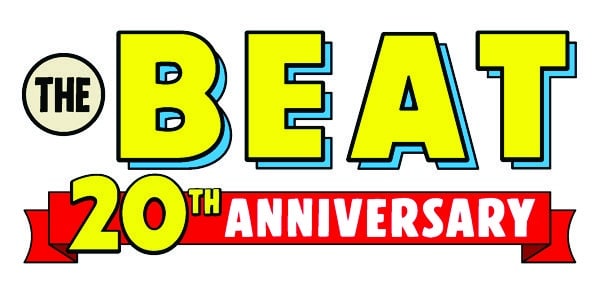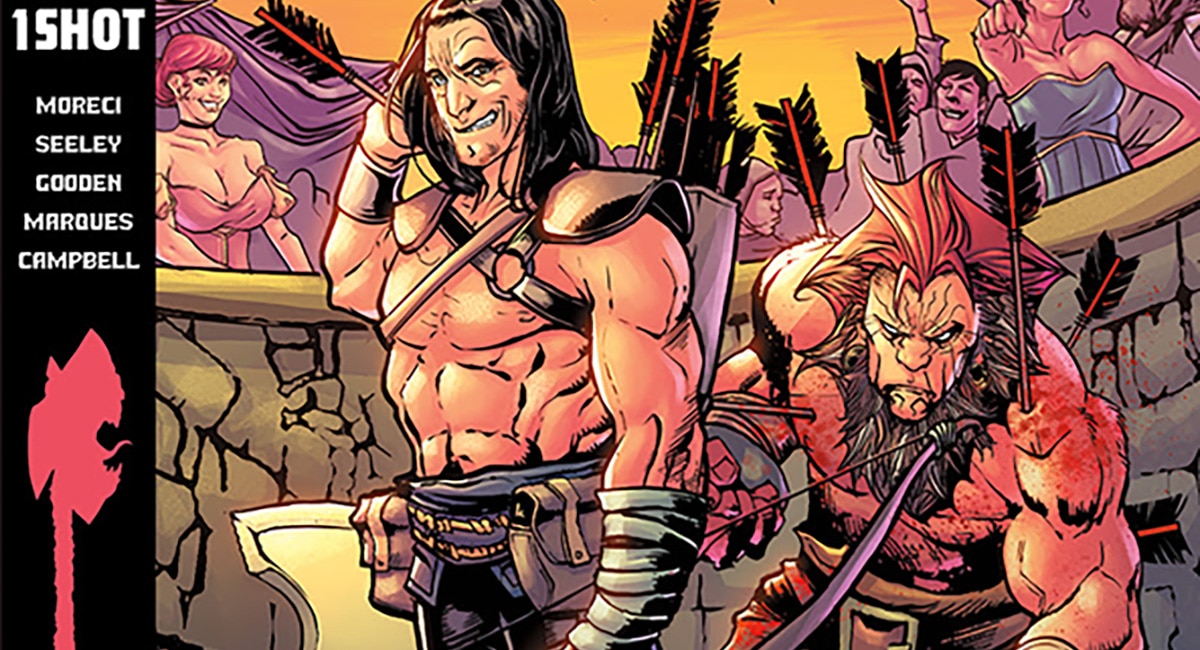
For all the online conversation, the panel went without incident. I ended up reluctantly having to cut off someone who I learned afterward was from the Gamergate perspective after his second or third point, but that was due to the program’s time limits and not any issue with his questions, which were thoughtful and well-received by the panel — the discussion of how Agent Carter makes a woman’s agency its central them was quite illuminating.
Jamie Coville will no doubt post the whole audio, so it’s only a matter of time before you too can hear the panelists’ brilliant insights, interrupted on occasion by my not-so-brilliant calling out their names: Heidi MacDonald, our intrepid leader; Donna Dickens, James Viscardi, Casey Gilley, Joe Illidge, and Brett Schenker.
One of the things that was great about this panel was that the speakers grounded their discussion of ethics in the comics community, and in so doing they expressed the essence of ethics itself. A lot of folks think of ethics primarily in terms of rules or abstract decision making principles, such as avoiding conflicts of interest or protecting the environment. Those can be important, but ethics is fundamentally an extension of ethos – it’s about who we are as individuals and groups.
And as becomes more than evident at conventions, comics people — and gamers, genre film & theater folks, and everyone else in this extended happy network of geeks, nerds, and dorks – are more than just faceless consumers. We’re a community connected by shared interests and values, and we’re all part of the conversation, not just the people who self-identify as journalists or scribble online. We don’t agree on everything, of course, but as the panel emphasized, by following the fundamental ethical principles of understanding and mutual respect, we can talk about our differences in ways that only strengthen our bonds.
However, as the panel also noted, our community of communities is growing to scale — our little niche interests have gone truly global, and even as we engage each other over whether various items and actions truly reflect our communal values, millions of people are coming to the stuff we like without a thorough grounding in our up ’til now shared experience, let alone the unassailable arguments as to why Crisis on Infinite Earths was the greatest crossover of all time. The influx of fans has tremendous potential for extending our community’s influence, but it also brings with it a heightened risk of fragmentation to the point of dissolving, or at best reducing to a network of shared interests that doesn’t go beyond what we see on a screen.
So we talk and write, explain and argue, with neutral just-the-facts articles when they help us gather useful knowledge and principled arguments for what we believe is right. That’s what we’ll all keep doing online and ultimately, that’s what makes comic-cons so important. Just as they gave us a chance to talk about what we talk about when we talk about ethics, they provide a forum of all of us, old and new, to learn about each other and ourselves.






